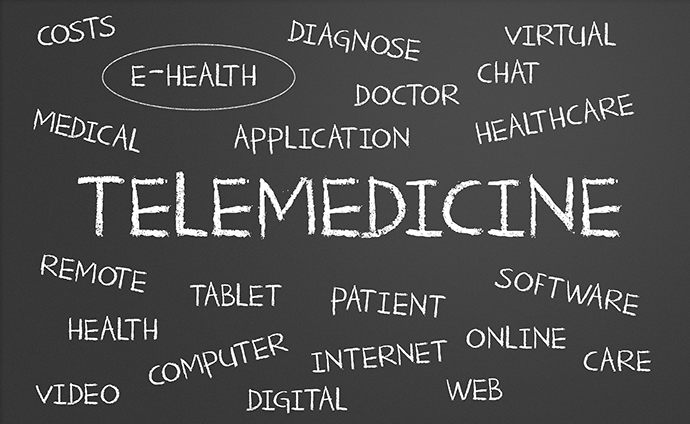West Virginia University Gets Federal Grant for ER Telehealth Program
The Morgantown-based health system is getting a $1.2 million HRSA grant to launch a telehealth program that will enable rural ERs to access on-demand telestroke and telemental health services.

Source: ThinkStock
- West Virginia University is getting a $1.2 million federal grant to create a telemedicine platform that will give rural hospital ERs on-demand access to specialists.
The four-year grant from the Health and Human Services Department Health Resources and Services Administration (HRSA) will enable specialists at Morgantown-based WVU Medicine to connect via telehealth with hospitals in Buckhannon, Gassaway, Ripley and Summersville, rural communities with populations ranging from 860 to 5,500.
The network will be designed to enable the rural ERs to connect with neurologists at WVU’s Center for Teleneurology and Telestroke for telestroke care, and with psychiatrists and case managers at WVU Telepsychiatry for telemental health services.
“Telemedicine offers the opportunity to provide acute, emergent subspecialty care in rural emergency departments,” Scott Findley, an assistant professor at WVU’s School of Medicine, director of the Rural Emergency Medical Institute and the program’s lead researcher, said in a press release. “While rural communities can access subspecialty care through outreach clinics and scheduled appointments, this does not solve the problem of the lack of specialty care in the acute setting.”
“By linking rural emergency medicine providers with specialists in real time, we can create care plans to keep emergency department patients in their home communities when able and more efficiently identify and treat patients whose needs require transfer for a higher level of care,” he added.
WVU is partnering with Japan-based Allm (formerly SkillUpJapan) to create a customized mHealth app for rural care providers to connect with WVU Medicine and share medical records.
While the benefits of a telestroke program have been proven in several studies, the inclusion of telemental health services targets the nation’s fast-growing mental health and substance abuse crisis, an issue made more acute by the coronavirus pandemic. The National Institutes of Health lists the state as leading the nation in opioid-involved overdose deaths per capita, and other studies have noted sharp increases from 2019 to 2020 in overdose deaths and reports of depression, anxiety, eating disorders and suicides.
“In light of the COVID-19 pandemic, mental health and substance use crises are increasing nationally and in our own backyard,” Kari Law, an associate professor in the Department of Behavioral Medicine and Psychiatry, medical director of WVU Telepsychiatry and part of the research team, said in the press release. “This funding allows for the implementation of an innovative healthcare delivery model while minimizing stigma surrounding treatment. Patients should be able to access treatment without driving four hours to do so.”
During the four-year program, Findley’s team will analyze the success of the telehealth platform through transfers, hospital stays and readmissions, along with clinical outcomes.
“Rural communities are a wonderful part of the fabric of West Virginia and should be supported,” Findley said. “However, they do not have the population density to recruit subspecialty providers. We hope to bridge the coverage gap with telemedicine.”
